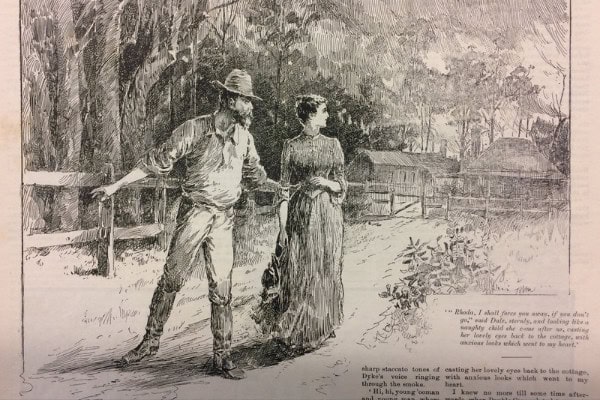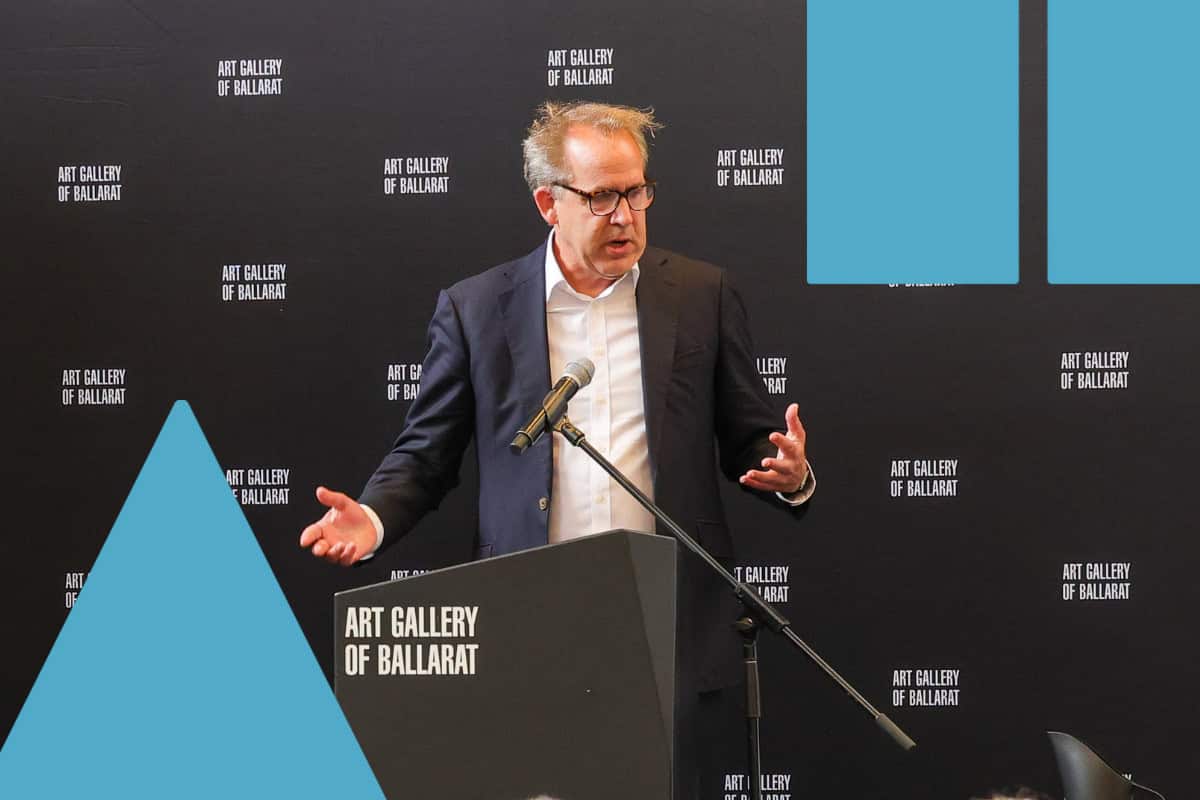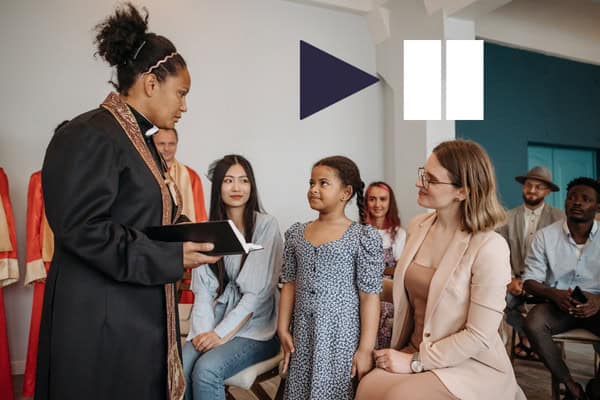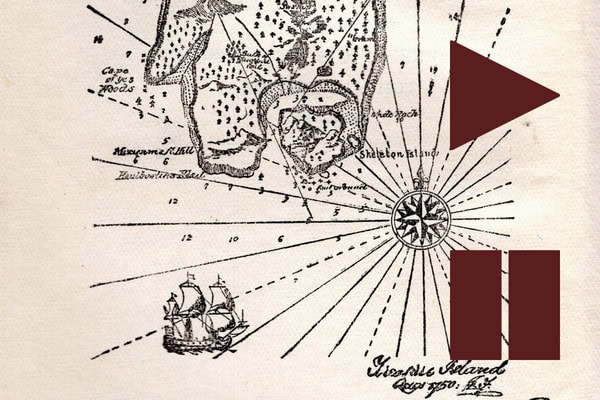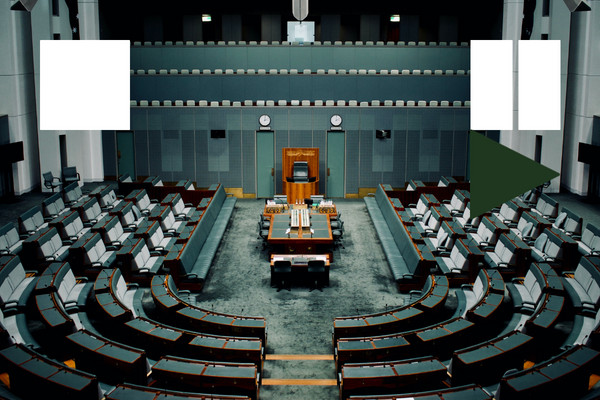Professor Emeritus Julianne Schultz AM FAHA explores the idea of Australia as a nation and argues, if the idea of Australia is not to be a half-formed thing, we must respond to the call of history to give the First Australians the recognition they have long sought.
Power of the humanities
Explore stories about the social benefits and impact of the Humanities and the remarkable outcomes that can be achieved when humanities researchers collaborate on national and global challenges. Visit our Newsroom to explore stories about our people, community and research.
Fellow and literary historian Professor Katherine Bode explores Australia’s literary and cultural heritage through her research into fiction found in 19th century Australian newspapers. With more than 36,000 publications in ‘To be continued: The Australian Newspaper Fiction Database,’ Katherine’s exploration has barely scratched the surface of this vast trove of historical fiction.
Fellow and Professor of Digital Media Jean Burgess argues that despite the chaos brought on by Elon Musk in recent months, Twitter has always been much more than a tech company. Regardless of how the story of Twitter turns out, what its user community does next will help shape the future of our media and communication environment.
Fellow and Professor of Political Philosophy Duncan Ivison argues that the call for a Voice to Parliament is not, as its critics argue, an attempt to insert race-based politics into the Australian Constitution but is instead a democratic claim.
This text is based on his 2022 Annual Academy lecture delivered in Ballarat at the 53rd Annual Academy Symposium. The full video of his lecture can be viewed at the end of this article.
For today’s Five-Minute Friday Read, Professor Joanne Tompkins FAHA, former ARC Executive Director for Humanities and Creative Arts, examines the phenomenon of Hamilton and its place in the genre of musical theatre.
This week saw the release of Ensuring Occupations are Responsive to People with Disabilities, a landmark report by the Australian Council of Learned Academies (ACOLA) commissioned by the Australian Government Department of Social Services. As part of the Academy of Humanities’ support for the project, Professor Bree Hadley provided a study of disability in the arts, creative, and cultural industries for the project, and Professor Gerard Goggin was a member of the Expert Reference Group. In this week’s Five-Minute Friday Read, they explain why disability training needs fundamental reform now.
For today’s Five-Minute Friday Read, Reverend Canon Professor Dorothy Lee FAHA, Stewart Research Professor of New Testament at Trinity College, University of Divinity, discusses the barriers facing women in the Anglican Church as they seek ordination.
In response to the current Royal Commission into Defence and Veteran Suicide and as part of the Five-Minute Friday Read series, Christina Twomey, Professor of History at Monash University, looks at the history of activism to raise awareness of veteran suicide and asks: what does Australia owe its veterans?
Graham Tulloch FAHA, Emeritus Professor of English at Flinders University, explores why the story of Dr Jekyll and Mr Hyde continues to capture the imagination of modern audiences and the the incredible story of how it was written. This piece was published in 2022.
For the Five-Minute Friday Read and on the eve of the 10th anniversary of Julia Gillard’s ‘Misogyny Speech’, Joy Damousi, Professor of History, Dean of Arts and Director of the Institute of Humanities and Social Sciences at the Australian Catholic University and immediate past President of the Australian Academy of the Humanities, discusses the speech’s legacy and what it might mean for the future of women in politics and society.
In today’s Five-Minute Friday Read, Shurlee Swain, Emeritus Professor in the National School of Arts at Australian Catholic University, examines the terrible history of child removal in Australia and its lasting impacts across communities.


